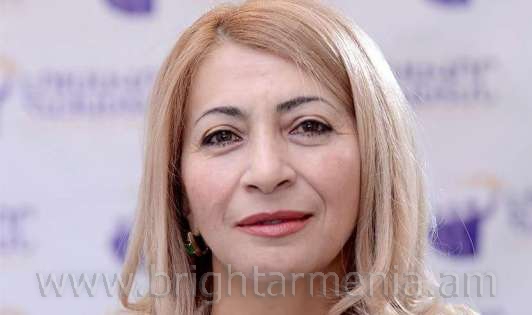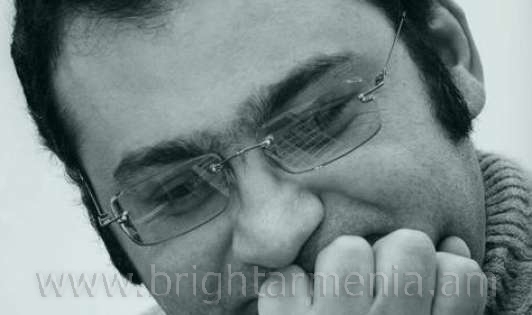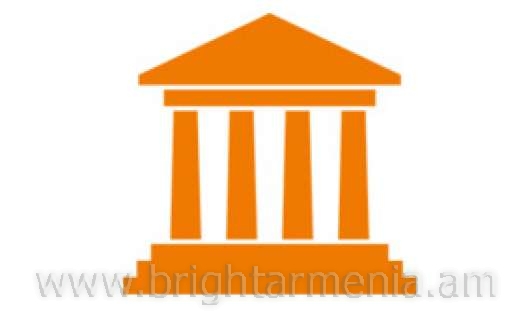
During the 25 years of Armenia’s independence we have not succeeded in building such state institutions that would become milestones for the country’s development. The absence of sustained institutions increases the monopoly of individuals concentrating the political struggles on individuals rather than on institutional issues. When all three Presidents of Armenia were at the office the opposition constantly claimed that the main problem was in the President and his entourage, thus if he left all of the problem world be solved. However, this agenda has shown its political deficiency, and starting from 1991, the opposition has never succeeded in declaring and securing a victory. The power of individuals within a state may be best limited by institutions. This is a pattern long known to the world. The Englishmen had been fighting against the kings however the monarchy carried on its reign. Later on, they limited the king’s power instead enhancing the authority of another state institution-the Parliament. The development of institutions promotes the formation of mechanisms of checks and balances, as a result of which separate individuals are deprived of unlimited power. The parties in Armenia have not sustained as political institutions, since they have not developed internal – in-party democracy. Consequently they were based on an individual therefore turning into “one-man-parties”. These one-man-parties have only formulated political demands based solely on individuals. In the personalized political struggle the authorities have easily eliminated those individuals, either by money or appointments or by threatening and intimidation. By eliminating individuals they have also eliminated the parties. In the lack of institutions those having no power become vulnerable and those holding the power appear out of control. The Armenian political powers have not yet formulated a long-term political agenda for the development of institutions. Hence, there is no appreciated demand for institutions within the society. We believe that the development of institutions may turn Armenia into a developed country of a European model, where individuals are the ones making temporary decisions but institutions are permanent and maintain the principle of justice towards everyone irrespective of the role of this or the other person. As a political opposition we will define a political agenda for sustaining institutions and will be dealing with its continuous lobbying to form public demand for their development. After obtaining government leverages we will pursue with the development of institutions, where the role of individuals will be decreased as much as it is possible and the interests of the State will be set higher than private interests.



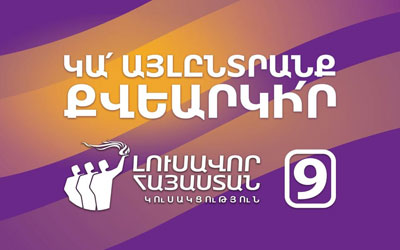
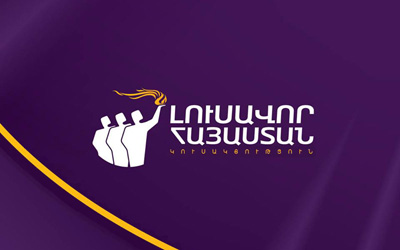
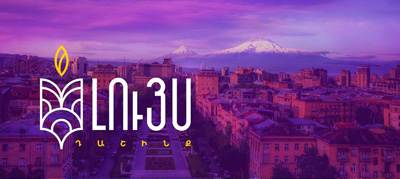
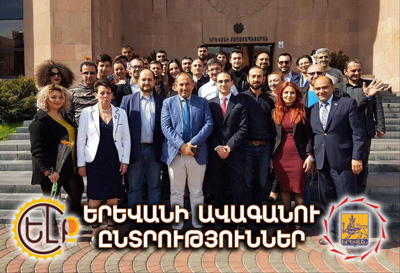
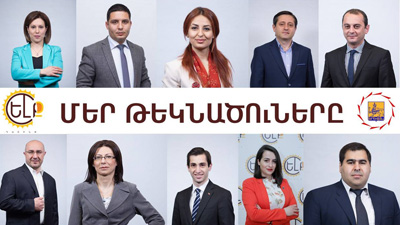
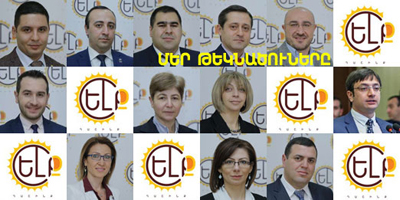
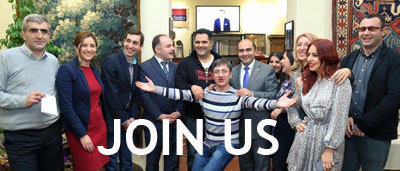
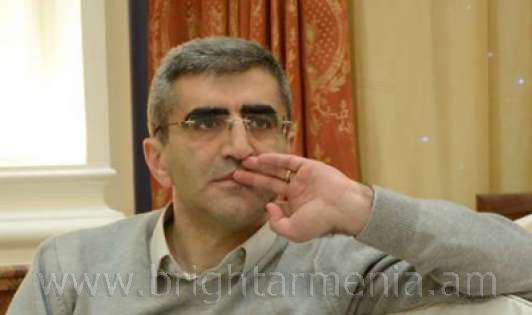
 krist.jpg)
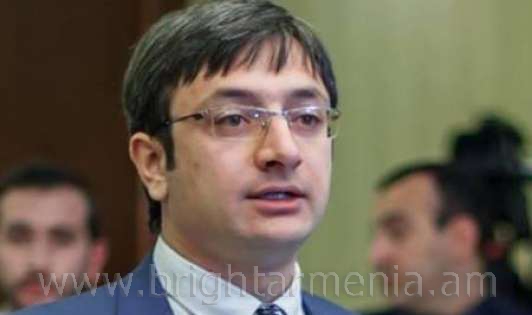
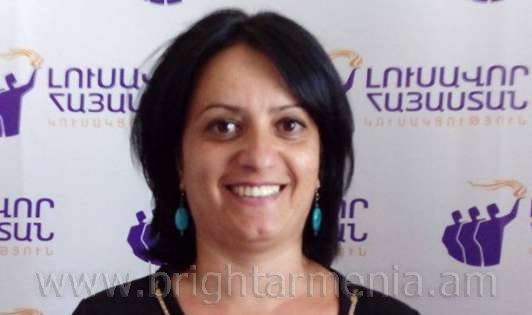
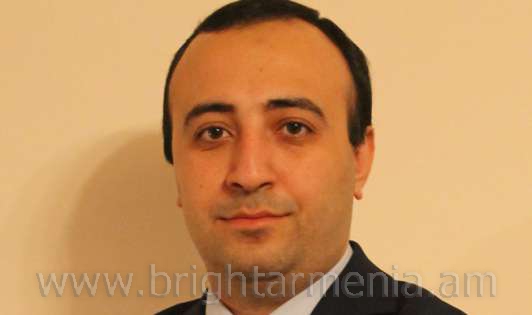
 1111.jpg)
